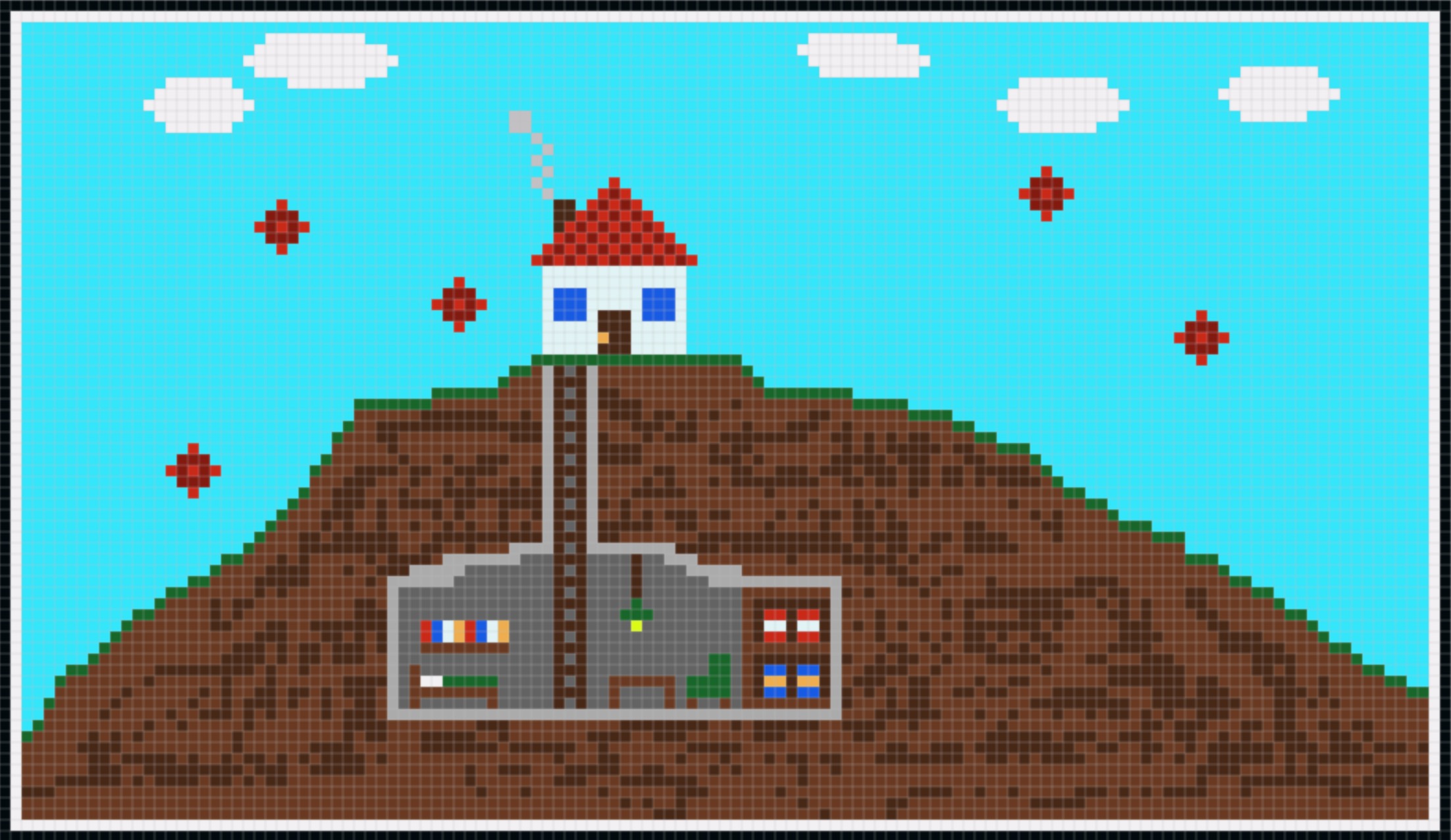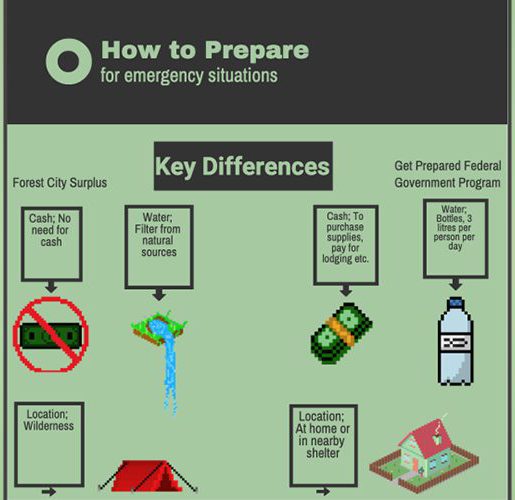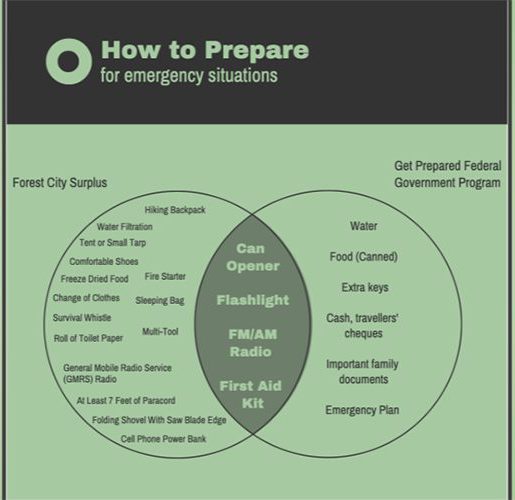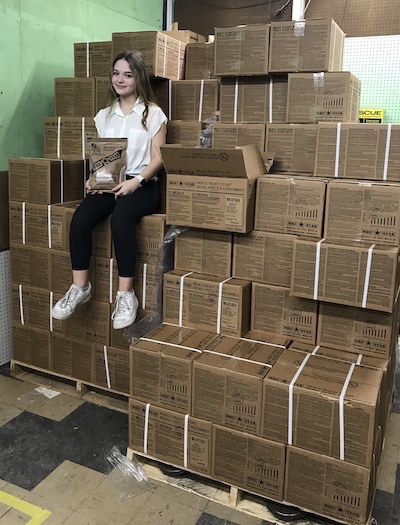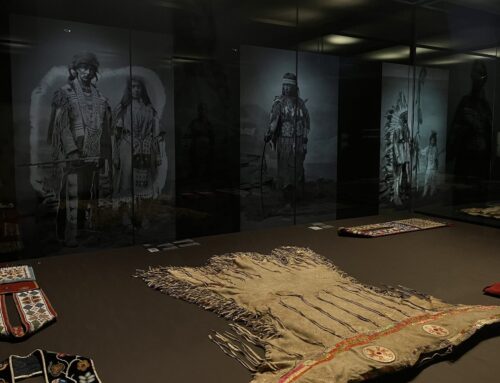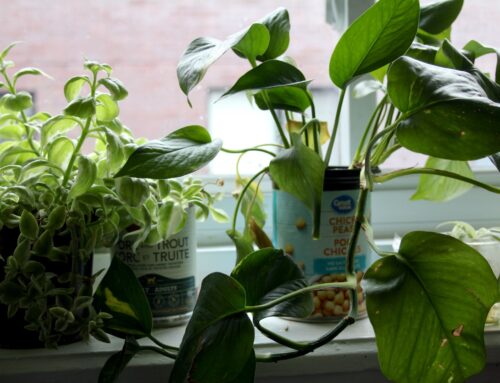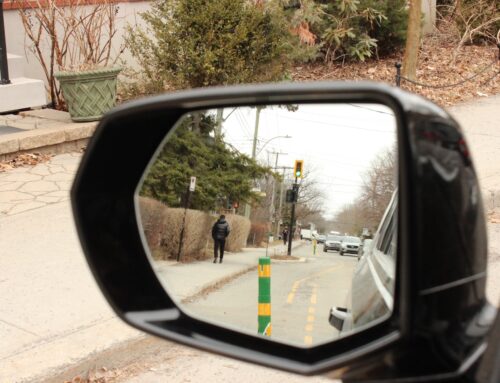BY Ayrton Wakfer
First the toilet paper ran out. Then we all made our own bread. The Old Navy ran ads of families having fun in colour-coordinated masks. Zoom has gone from being a noun to a verb.
It’s the end of the world as we know it, at least for a while. For others, COVID-19 is something they have been preparing for. These people are preppers.
“I would hesitate to call it an apocalyptic situation since we are all safe, but it’s a situation that’s been strange in that people expected zombies, not the flu,” says Wolf—of no last name—the Chief Instructor at Barefoot Bushcraft, an outdoor survival school based near St. Catherines, Ontario.
Much of his clientele are preppers—individuals who anticipate either a man-made or natural disaster that will lead to a massive disruption in society as we know it. This could be a city crushing earthquake, a draconian government rising to power, or a global pandemic crippling the economy and global supply chains.
Is COVID-19 the cataclysm preppers have been preparing for? Were they prepared?
Yes and no.
Wolf has been running Barefoot Bushcraft for the past decade, with courses focussed on what he calls the “old arts” – hunting, fire making, archery, and foraging. “Being involved in the outdoor rec industry, you very quickly get drawn into the stuff that is the prepper community.” says Wolf.
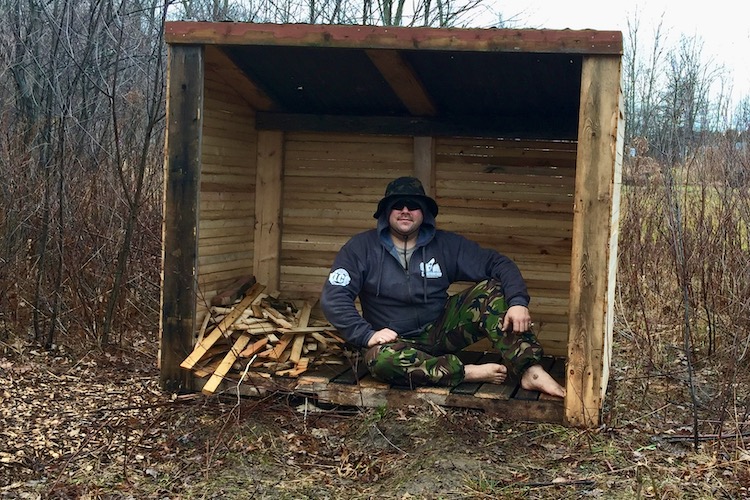
Wolf Portrait Chief Councillor Wolf. Photo courtesy of Wolf.
Prepping and the 1999 movie Fight Club have a glaring similarity: “Well, the first rule of prepping and survival is don’t talk about prepping and survival,” says Wolf. “The reason for that is, if you are the guy in your office that everybody knows is the big huge survival dude and on casual Fridays you’re wearing the camo pants, guess where everybody is gonna show up when there’s a problem?”
Quantifying a community who doesn’t like to be identified is challenging. The self imposed secrecy is another level of security that preppers factor into their survival schemes. The Ontario Prepper Survival Network counts 1,419 members, and their annual meetup Facebook group has 1,000 members.
Canadaontariopreppers, an Instagram page that serves the prepping community has 25,200 followers. Canadian_prepper, another Instagram page, has a following of 16,800. At a minimum, the Ontario prepping community consists of around 1,000 individuals, however this number could be substantially higher.
Wolf isn’t ready to spill his canned beans entirely, but he offers insight into how prepping influences his daily decisions.
“Prepping is what we call a lifestyle, and you have to get into these habits, right. Like your morning routine, you shower, you shave, you get dressed, that sort of thing,” he says.
When Wolf does his shopping, he always buys one or two extra of whatever he needs.
“You go to the grocery store, you buy four or five cans of whatever you like to have in the house, you know ravioli or soup or whatever. If you do that, after a couple of months of buying a couple extra pieces here and a couple extra pieces there, you’re going to get a sizable amount,” he says.
A visit to the ARK 2 Shelter. Video by Ayrton Wakfer.
With shelves full of cans and extra hygiene products on deck, Wolf feels prepared, but sees errors in other preppers ways. “The obvious thing we saw as the survival community, is basically, for lack of a better term, how wrong most of the preps were,”he says. You know, there aren’t tanks rolling through the streets, there isn’t mass destruction, yet we are still in a really strange situation.”.
With Wolf explaining how the lack of “wanton violence” rendered preppers’ firearms stashes obsolete, the biggest threat he sees to preppers’ well being comes from within.
“I think maybe that’s the thing that may have woken up a lot of people in the survival community, is the mental aspect of the situation that we are in currently with COVID,” he says. The big issue, that is very much swept under the table, is the mental degradation, a form of cabin fever.”
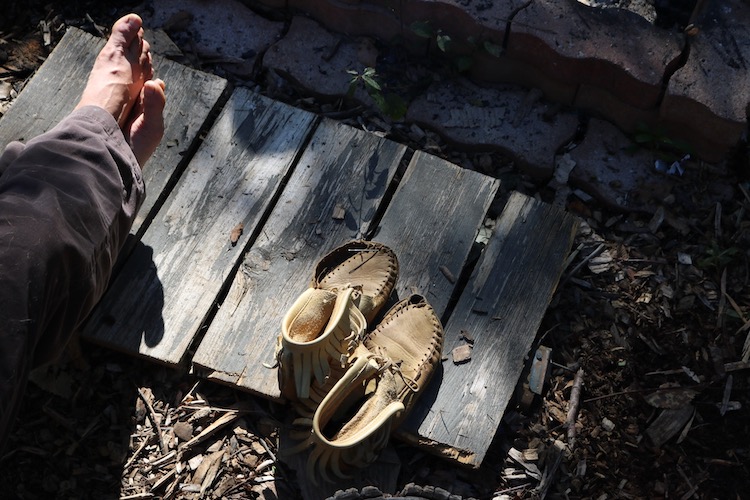
Just a man and his moccasins. Photo courtesy of Wolf.
Dominic Etynkowski has been living off-grid somewhere in Grey Bruce County, Ontario for four years. He’s an ex-prepper who left that world after his zombie survival business went sour. For Etynkowski, prepping was his way of being strong.
“It stems from my fear of being weak. I don’t want to be weak. So how do I get strong? Well some people go to the gym, some people can use knowledge,” he says. “Being able to survive, being able to hunt, being able to set up a camp, being able to provide bare necessities for oneself, I view that as a big strength, and I admire that.”
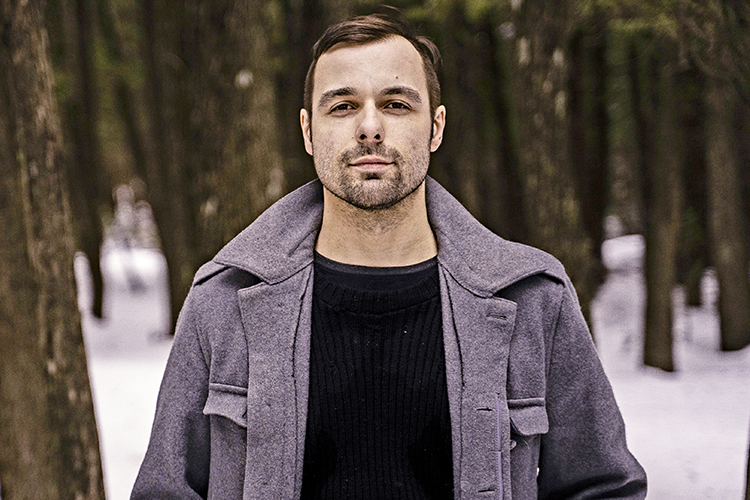
Dominic Etynkowski at his property. Photo courtesy of Dominic Etynkowski.
He may not be an active member of the prepping community, but Etynkowski still lives a self- sufficient lifestyle, and was more than ready for the impact of COVID. “I was pretty much living a COVID lifestyle prior to this. I maintain a very small bubble of social interaction, I kind of set myself up to be able to lockdown and isolate from other people, and store food and resources for any amount of time.” says Etynkowski .
While he was part of the community, Etynkowski would regularly attend “bug out” camping trips. That’s where they will have to survive for unknown periods of time, living only off the land and supplies they pack in large rucksacks. It was on these trips Etynkowski noticed the lack of mental preparedness amongst the community.
“I have seen their mental state degrade very quickly when their regular routine or luxuries are stripped away, even though they identify as a prepper and may have everything at their disposal. You could survive with a lot less, if you have the right mental state,” he says. “The best thing you can pack in your bug out bag is a sense of humour.”
Tim Hodges, the marketing director of Forest City Surplus in London, Ontario, says the best thing to have in your bug out bag is long lasting food stuffs.
“During the first lockdown in March 2020 we saw about 10 times the regular rate of orders through our website.” says Hodges. The highest selling products were freeze dried foods or military style MREs (meals ready to eat). Sales transitioned to hunting equipment as the pandemic stretched on.
“Crossbows, for shooting small game for food, are our seventh best seller in case the food supply was shut down,” says Hodges.
Bread Makers and BB guns? Popular pandemic products. Media by Ayrton Wakfer.
Hodges himself is prepared for severe circumstances.
“I personally have a pantry stacked with survival items like water, food, cleaning supplies, and toilet paper,” he says. “My prepping may be more than normal, but I am a nice guy and want to have a bit of extra on hand in case my neighbours are looking for something.”
The pandemic is highlighting one gap in some preppers’ plans: mental preparation. The strain of worrying about getting sick, the weeks and months spent alone, can take a mental toll.
“The keyword here is lifestyle. Is prepping part of your identity?” says Etynkowski. “The gear does not make you a good prepper.”
For Wolf, the gear alone isn’t keeping him content.
“No one can prep for ‘I’m single and looking and now all of a sudden I can’t get a partner because I could kill my parents by going on a date.’ That’s mind-blowing.” he says.
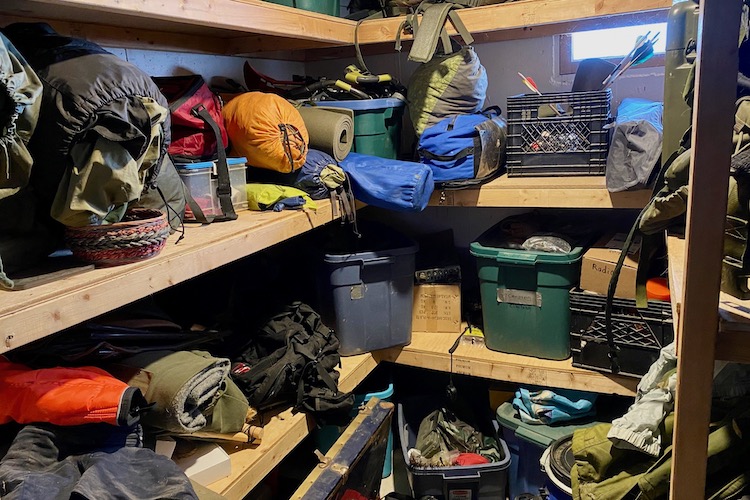
An inside look at Wolfs gear room. Photo courtesy of Wolf.
Wolf’s camp has been closed since December, and he has had plenty of time to reflect on where the world is going.
“Now we have been stuck in our homes for months and months, going on a year, right, and you start to think of well now how bad could it potentially get?” he says. “Many, many preppers have prepared for much more hard and severe things to happen to the world, and this has had the same effect, it’s so oddly gentle.”
